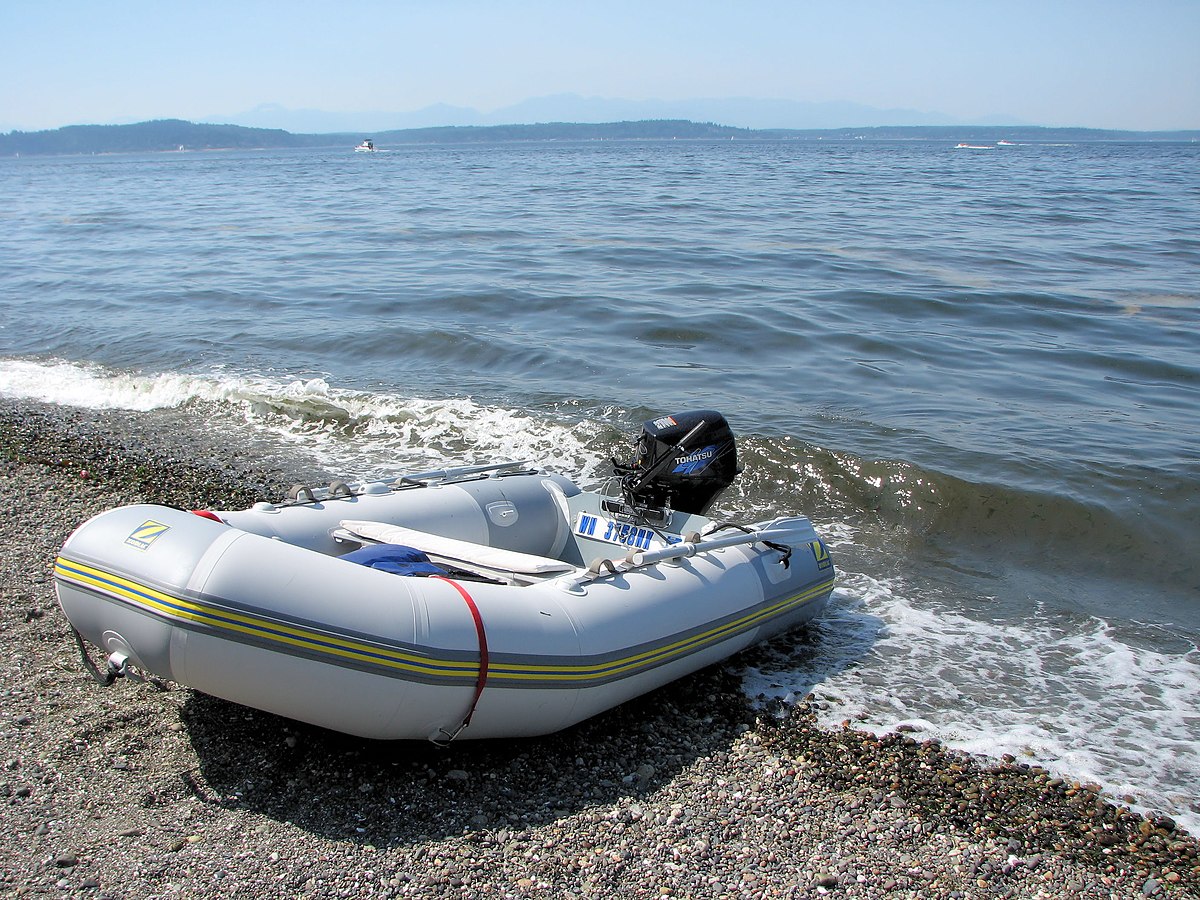
Tender boats play a crucial role in maritime transportation, particularly in the cruise industry. These small vessels serve as a lifeline between cruise ships and ports that lack proper docking facilities. While tender boats are essential for passenger embarkation and disembarkation, they also bring to light the hidden risks of maritime travel: Tender Boat Accidents. In this article, we will delve into the world of tender boat accidents, understanding their causes, consequences, and the importance of legal recourse for victims. If you or someone you know has been affected, get your legal claim handled with Aronfeld Trial Lawyer.
Tender Boats: Essential Mariners of Maritime Transport
The significance of tender boats
Tender boats play a pivotal role in the cruise industry by enabling passengers to access ports that lack the infrastructure for large cruise ships to dock. They facilitate the smooth embarkation and disembarkation of passengers, ensuring a seamless cruise experience. Additionally, tender boats enhance the accessibility of remote and exotic destinations.
The anatomy of tender boats
Tender boats come in various shapes and sizes, tailored to the specific needs of cruise ships and their destinations. These vessels are equipped with safety features such as life jackets, lifeboats, and communication equipment to ensure the well-being of passengers. Crew members operating tender boats undergo extensive training and certification to manage passenger safety efficiently.
Tender boat operations and safety protocols
Tender boat operations adhere to strict safety protocols. Crew members are trained to execute loading and unloading procedures with precision, ensuring the safe transfer of passengers. Emergency drills are conducted regularly to prepare for unforeseen situations, and crew members are trained to navigate challenging weather conditions and other potential hazards.
Understanding Tender Boat Accidents
Common causes of tender boat accidents
Tender boat accidents can occur due to a variety of reasons. Operator errors and negligence, including mistakes in navigation or communication, can lead to accidents. Adverse weather conditions, such as rough seas or high winds, pose a significant risk during tender boat operations. Mechanical failures and equipment malfunctions, though less common, can also result in accidents.
The consequences of tender boat accidents
Tender boat accidents can have severe consequences, including passenger injuries and fatalities. Legal complexities often arise in these cases, as they may involve multiple jurisdictions, international waters, and various applicable laws. Cruise lines have legal obligations to ensure passenger safety during tender boat operations and may be held liable for accidents.
Notable tender boat accidents
Several notable tender boat accidents have occurred in recent years, shedding light on the importance of safety measures. These incidents have led to legal actions against cruise lines, often resulting in settlements. Examining key incidents highlights the lessons learned and the ongoing efforts to improve safety within the industry.
Legal Recourse for Tender Boat Accident Victims
The role of maritime attorneys
Maritime attorneys specializing in personal injury cases play a crucial role in assisting tender boat accident victims. They possess the expertise required to navigate the intricate terrain of maritime law, advocating for the rights of injured passengers. Beyond legal representation, these attorneys provide emotional support to victims and their families.
Pursuing justice through legal action
Victims of tender boat accidents can seek justice through legal action. This process involves gathering evidence, including eyewitness accounts and maintenance records, and filing a lawsuit against the responsible parties, which could include the cruise line or tender boat operator. Experienced attorneys negotiate settlements on behalf of victims or proceed to trial when necessary, striving to obtain compensation and closure.
Advocating for safety and prevention
In addition to seeking justice, tender boat accident victims and their attorneys often advocate for safety improvements within the industry. This includes pushing for stricter safety regulations, raising awareness among passengers about the importance of following safety guidelines, and promoting responsible operator practices to prevent future accidents.
Conclusion
In conclusion, while tender boats are essential for maritime transportation, passenger safety during tender boat operations should always be a top priority. Understanding the potential risks and the importance of safety protocols is crucial for a safe cruise experience. In the unfortunate event of a tender boat accident, seeking legal support can make a significant difference in obtaining compensation and holding responsible parties accountable. Balancing the convenience of tender boats with safety awareness is key, and victims should never hesitate to get their legal claim handled with Aronfeld Trial Lawyer when needed.


